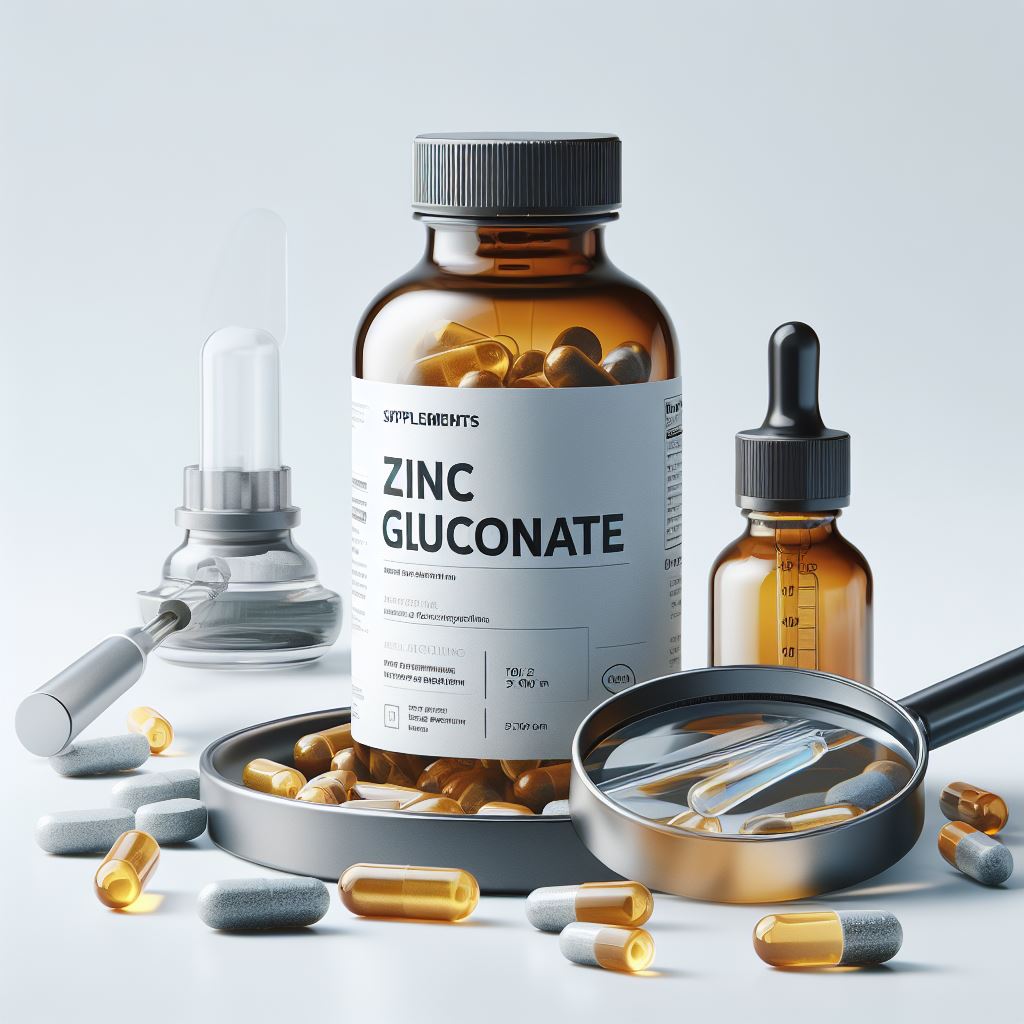Vitamin C is a water-soluble vitamin, which is not made in the human body, and therefore it is considered an essential nutrient for the body. Its daily requirement varies from 40 to 120 mg depending on the age of people, and this requirement increases during pregnancy and breastfeeding. Smokers need 35 mg of vitamin C daily more than normal people.
Vitamin C acts as an antioxidant in the body and protects cells from damage caused by harmful chemicals known as free radicals. Free radicals are caused by intracellular metabolism, air pollution, smoking, and ultraviolet rays, and this vitamin can protect the body from damage caused by these substances. Vitamin C also helps other antioxidants such as vitamin E and A to work better in the body.
Vitamin C is needed by the body to make important substances such as collagen (structural protein of skin, hair, bones and many body tissues), L-carnitine and some chemicals that play the role of transmitting nerve messages. The presence of this vitamin is necessary for the proper functioning of the immune system, and without it, the healing process of wounds (due to collagen not being made) does not happen. Vitamin C also increases the absorption of iron from the intestines.
Scientific research has shown that the consumption of vitamin C can effectively reduce the risk of various types of cancer. This effect probably happens in three ways: reducing the production or formation of carcinogenic substances such as nitrosamines, regulating and strengthening the immune system against carcinogens, and the effect of antioxidants against free radicals, which are one of the main causes of various types of cancer. are considered cancer.
Vitamin C also plays an important role in preventing cardiovascular diseases and strokes. With its antioxidant effect, vitamin C prevents damage to the walls of arteries and hardening of the arteries (atherosclerosis). Vitamin C also improves the secretion of a natural substance from the walls of the vessels, which plays an important role in widening the vessels and reducing blood pressure.
Taking large amounts of vitamin C, up to 1000 mg per day, has been able to reduce the incidence of colds only in people who do hard physical exercises (such as professional athletes or soldiers), but it has been ineffective in normal people. However, the use of vitamin C supplements (such as effervescent tablets and powder) may shorten the duration of a cold or reduce the severity of its symptoms (4,5,6).
The following table shows the permissible amounts of vitamin C in people with different conditions. These amounts are determined based on the physiological and antioxidant function of white blood cells, which are much higher than the amounts needed to protect against the deficiency of this vitamin. Allowed amounts in children up to 12 months have been determined based on the average intake of vitamin C in healthy infants.
Table 1- Permissible amounts of people’s daily need for vitamin C (in milligrams)
| جدول 1- مقادیر مجاز نیاز روزانه افراد به ویتامین سی ( بر حسب میلی گرم) | ||||
| شیردهی | بارداری | زنان | مردان | سن |
| 40 | 40 | بدو تولد تا 6 ماه | ||
| 50 | 50 | 7 تا 12 ماه | ||
| 15 | 15 | 1 تا 3 سال | ||
| 25 | 25 | 4 تا 8 سال | ||
| 45 | 45 | 9 تا 13 سال | ||
| 115 | 80 | 65 | 75 | 14 تا 18 سال |
| 120 | 85 | 75 | 90 | بالای 19 سال |
| افراد سیگاری 35 میلی گرم در روز نسبت به افراد غیر سیگاری نیاز بیشتر به ویتامین سی دارند | مصرف سیگار | |||



